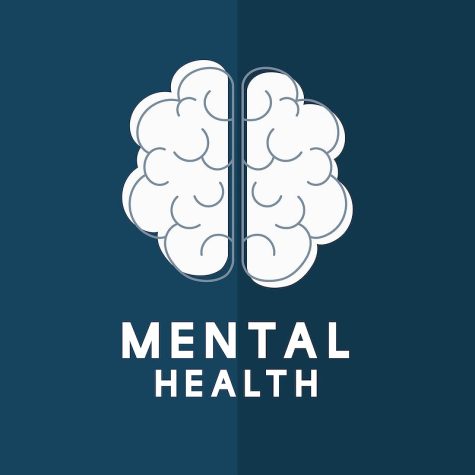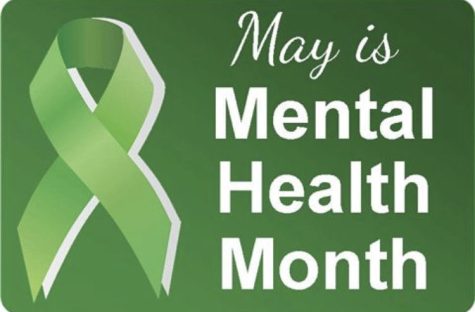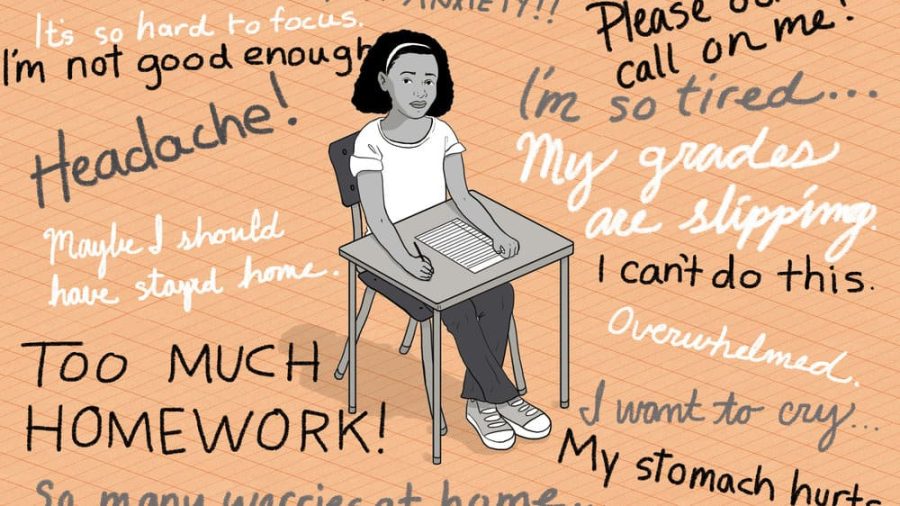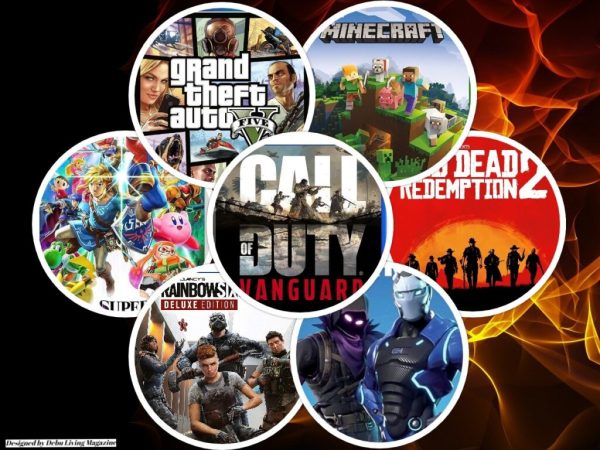Mental Health and the Misconceptions
What is Mental Health? Mental Health relates to our emotional, psychological, and social well-being. Depending on the status of our mental health it will affect how we think, feel, and act. Mental health is an important part of every stage of our lives from childhood through adulthood. Factors that affect your mental health are biological, life experiences, and family history. But even though mental health is a huge thing that we worry about and take care of, some people misunderstand or mistreat some of the mental illnesses that people have.
Through my life and at school I’ve heard so many things about what people think about mental health issues. Some maybe don’t get what it means, but others can end up being rude about it. Some people who don’t understand sometimes try to understand better, but sometimes since they don’t know much about it, they may come off negatively as well. They do this by asking questions that just don’t sit right, so if someone asked, “isn’t bipolar like when you’re crazy or something like that?” it can come off offensively even if they don’t mean it.

A way people have done this is relating appearance to mental health. For example, if someone “or something” is kind of vague, has dyed hair, they’re “bipolar.” Or if they’re alternative then they’re “depressed,” and these are things I’ve heard about myself as well. This even applies to what music you listen to. An example would be if I listen to rock some people would automatically assume that I have depression or something along those lines. This also could be because of the type of music and what rock generally is based on. With the example of rock, it can be heard as a lot of screaming or just overall depressing, which brings us back to the small misunderstandings.
Then there is always the stigma. I have heard a lot of people say that guys also don’t get depressed which isn’t true and this pushes down and belittles men’s mental health as well. All the bad things we hear about our illnesses can hurt the people with them. For OCD, which is obsessive compulsive disorder, for example, it becomes a trend that people joke about, and it can make it seem like it’s something to not worry about.
Another thing is when dealing with depression and anxiety it gets difficult to do basic things. For instance, it can be harder to get out of bed or leave your room. But a lot of people don’t see that, or don’t understand and maybe degrade people who are struggling. By calling them lazy or by ignoring it there’s so many things that we do to cause a stigma and harm, even if it’s on accident.
 Now even with all these misconceptions you can always just ask people for enlightenment. You can ask an adult for help or understanding. Especially because it may and can come off as rude even if you don’t mean it.
Now even with all these misconceptions you can always just ask people for enlightenment. You can ask an adult for help or understanding. Especially because it may and can come off as rude even if you don’t mean it.
Hi! My name is Emma Lovell and I'm a Sophomore here. I don't do too much for the school, but I absolutely love writing for it. I mostly write about music...






